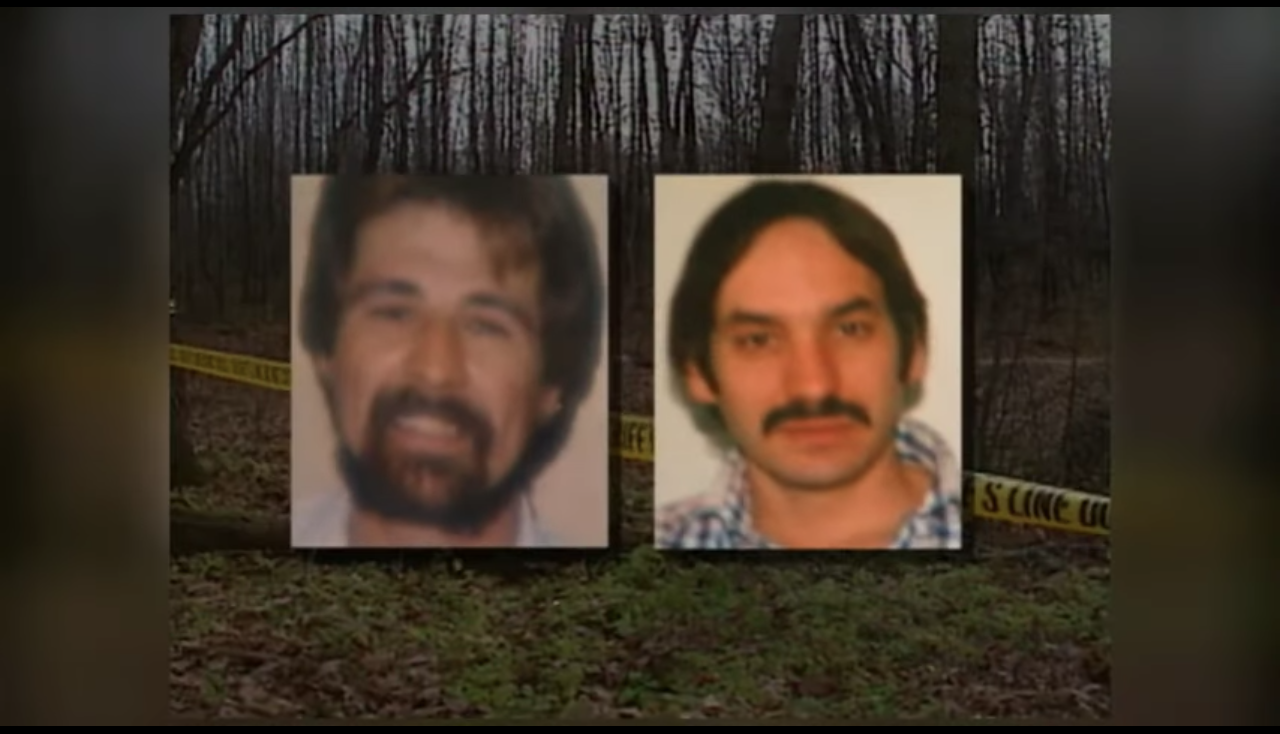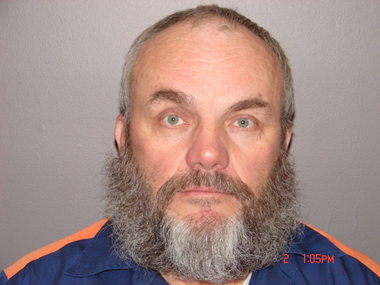There is absolutely no denying that authorities work hard to come up with evidence of guilt when they convict a person for a homicide. But unfortunately, in the event that the case goes cold, valuable data is lost over the years. Investigation Discovery’s ‘Killer in Question: The Hunted’ takes a look at one case where the outcome has been heavily debated between the initial investigating team and the one that reviewed the case a decade later. In this article, we dive deep into the incident and the man who was eventually found culpable for a double homicide.
How Did Doug Estes and Jim Bennett Die?
It was on November 17, 1990, that the bodies of Doug Estes and Jim Bennett were discovered in the Fulton State Game Area (near Battle Creek) in the woods of Kalamazoo County while they were hunting. They had been shot in the back with two distinct kinds of ammunition. Two days later, authorities found a gun that belonged to one of the victims, but it had been wiped clean. Though there was the one suspect in mind, he was cleared of any wrongdoing by the cops after the initial investigation.

It soon became a cold case, only to be reopened in 2000. But what this team of examiners found completely contradicted the original conclusion. Jacinda Davis, the producer of the show, stated, “I can’t think of another case where there are two sets of detectives that don’t agree. The original detectives in this case absolutely, 100 percent cleared Jeff Titus and believe he is not guilty. [They are the ones who took the case to the Michigan Innocence Clinic.] And the cold case team is the opposite. They believe beyond a doubt that they have the right man.”
Who Killed Doug Estes and Jim Bennett?
The man deemed central to the case is a Marine veteran and former police officer, Jeff Titus. He owned land next to the preserve where the two victims were fatally shot. The original team came to the conclusion that he was innocent. For one, he was 27 miles away on a hunting trip when Doug Estes and Jim Bennett were killed. Secondly, two witnesses saw a car, stuck in a ditch, outside the murder scene and they offered to help the driver.

One of these men was Titus’ neighbor, who stated that the veteran was nowhere in sight. They even helped the police come up with the sketch of a man who resembled the serial killer, Thomas Dillon, who operated in Ohio and targeted outdoorsy people such as hunters and fishermen. (He later died in prison in 2011). Eventually, it was ascertained that it was impossible for Titus to be present there when the crime occurred.
However, when the case was reviewed by a fresh set of eyes in 2000, the new team felt as though Titus was the man they had been looking for all along. His coworkers at the Veterans Affairs hospital also stated that Titus hated seeing hunters walk all across his land. Moreover, due to the gap in time, the alibi witnesses were no longer able to testify regarding his innocence.
Then, at the trial, the defense team did not call the initial detectives who could have testified in Titus’ favor. In fact, they even failed to question the wishy-washy testimony of the prosecution’s main witness. Eventually, he was convicted on charges related to homicide in 2002 and was sentenced to life in prison without parole. He is presently at the Lakeland Correctional Facility, in Coldwater, Michigan, and has always proclaimed his innocence.
It is also imperative to note that the private investigator who was hired by Titus’ legal counsel, Howard Swabash, eventually ended up marrying the convict’s ex-wife, in Florida in April 2005. The now-convicted said, “It’s a shocker and then I wonder, was he working for me? Was he working for an ulterior motive? I don’t know.” Furthermore, one of the original detectives from the Kalamazoo County Sheriff’s Office, Sgt. Roy Ballett, even confronted Swabash once: “I asked him why he did not even bother to give me a call to find out what my feeling might have been on this case if he was going to be an investigator to prove Jeff Titus’s innocence. He became very vocal and (said) several curse words, to put it gently, and got on the elevator and left.”

The initial team of detectives really do believe that Titus is innocent, and would have given corroborating testimony on the stand had they been asked. But this did not happen. Nonetheless, they approached the Michigan Innocence Clinic for help. Titus’ present attorney, David Moran, has been on the case since 2009 (which is when the clinic was founded).
The lawyer stated that this case is the only one that they have taken on in which law enforcement officials had contacted them about the convict’s alleged innocence. He also felt that the prosecution had a very messed up rationale— “The prosecution’s theory was the two split up for the afternoon and Jeff, for no apparent reason, believing there might be people hunting to close to his property line, then found people there, killed them, stole their deer and then came back to Battle Creek to meet up with his hunting partner. It’s just stupid.”
Apart from this, Moran stated that the only reason that Dillon was not seen as a suspect in the case was that records showed that he was on a hunt in Ravenna, Ohio. However, the lawyer also noted that the now-deceased serial killer could have easily committed the crime by going to the Fulton game area. He would also have had an hour to spare after the murders. Unfortunately for Titus, many appeals filed over the past few years were rejected.
The Emmy winning producer summed the case up perfectly when she said, “Both sets of detectives are very convincing. Spend an hour with the original detectives and you’re convinced he’s innocent. Spend an hour with the cold case detectives and you’re convinced they got the right man.” We suggest checking out the program so that you, too, can reach your own conclusion after assessing the evidence presented.
Read More: Where Is Jeff Titus Now?

You must be logged in to post a comment.